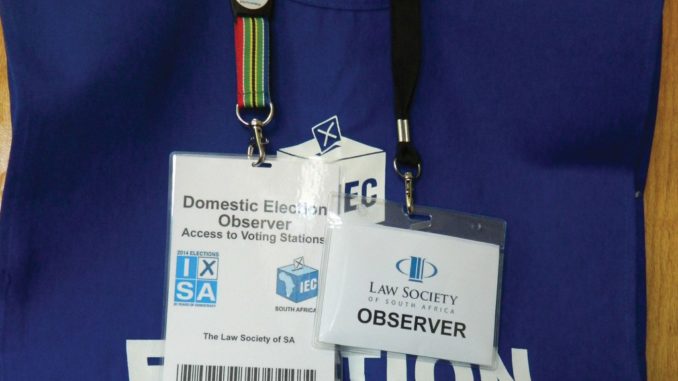
Democratic Republic of Congo [DRC], the expansive and very important country in Central Africa, conducted a landmark general election on December 30th 2018, which offers the promise of defining the country’s future. The elections were to produce a new President to replace the incumbent Mr. Joseph Kabila. Kabila’s constitutionally limited two terms in office expired on December 20th 2016. The polls were also to produce 500 members of DRC’s National Assembly as well as 715 provincial councilors.
The polls were however delayed for two years due to a series of crises including politically motivated killings. In fact, an earlier date was fixed for November 2017 but even that promise fell through, with the final date fixed for December 23rd 2018. It is significant that even that last date also did not work out due to a fire incident in the warehouse of the Electoral Commission which destroyed 8,000 electronic voting machines. Hence the polls were finally conducted on December 30th 2018 which proved to be a landmark development as it put paid to a long period of uncertainty in the country’s political future.
Meanwhile, developments in the country after the polls suggest that it is far from Uhuru, with questions raging over the preliminary results, especially as pertains to the Presidential one.
On January 10th 2018 the Electoral Commission declared Felix Tshisekedi of the Union for Democracy and Social Progress (UDPS) as the winner, having won 7,051,013 or 38.6% of total votes cast in the elections. However, several stakeholders in the country have countered the body. For instance, the Catholic Church in the country has been rooting for one of Tshiskedi’s main rivals – Mr Martin Fayulu. Beyond the Catholic Church a cross section of Western countries with France and Belgium in the lead, have also expressed their dissatisfaction over the announced victory of Tshisekedi, with allegations of widespread rigging. The United Kingdom also expressed reservations over the outcome of the polls while the Secretary General of the United Nations issued a statement urging all parties to respect the results. Some are even insinuating that Tshisekedi had entered into a pre-election deal with the outgoing Joseph Kabila, in a development which many suspect as the latter’s plan to perpetuate the Kabila family in the power circles. Tshisekedi had since denied the allegations of any secret deal with Kabila. Meanwhile Kabila himself has promised a smooth hand over of power to Tshisekedi.
Viewed against the political history of the DRC the mere conduct of the polls is huge victory for the country. The process of transferring power peacefully from one administration to another has been a challenge to many African countries and the DRC has been a special case since its independence in 1960. Once called the Belgian Congo, the country has undergone name changes, first to Zaire and latter to DRC. Its first Prime Minister Patrice Lumumba was consumed in a political crisis where foreign powers were jostling to take control of the country. Lumumba’s death on January 17th 1961 in which the then President Joseph Kasavubu was implicated for conniving with foreign and local conspirators to eliminate the former, was a watershed in the country’s political history as it marked a bizarre twist in the colonial history of not only the country but the entire Africa, with respect to the extent to which foreign capitalist interest would go in subduing the resource rich areas of the continent.
The historic import of the recently polls is also due to the fact that it promises to be the first time since 1960 that the country will witness a peaceful change of government.
That is if the promise by outgoing Joseph Kabila to facilitate same holds. The African Union [AU] and United Nations [UN] should do everything they can to ensure that DRC’s election leads to a peaceful transfer of power, issues around it notwithstanding.
END

Be the first to comment